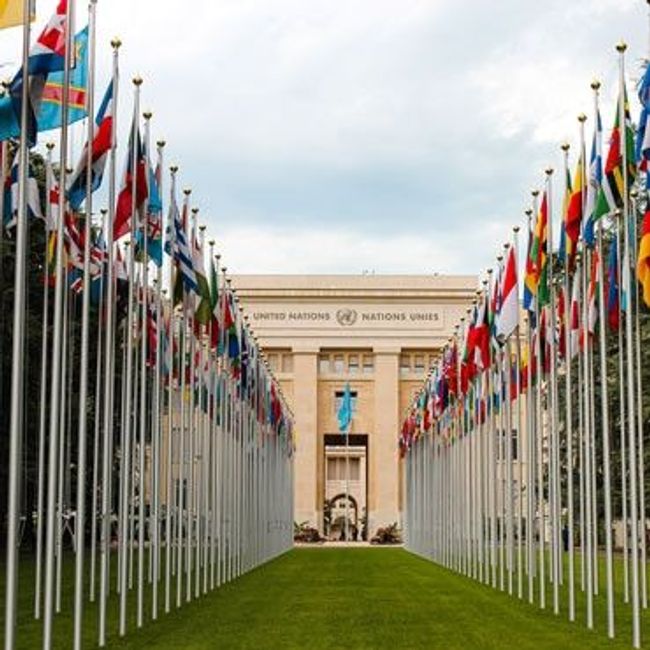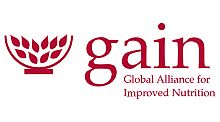The crucial topics of micronutrient deficiencies and Large Scale Food Fortification (LSFF) will be discussed at a side event at the 76th World Health Assembly (WHA) in Geneva on Tuesday, 23 May 2023, hosted by the governments of Colombia, Ecuador and Malaysia. At the side event, The Global Alliance for Improved Nutrition and partners will help unpack the pivotal resolution that calls on WHA Member States to scale up food fortification programs globally, particularly in countries where micronutrient deficiencies are prevalent.

The public can follow the updates on the Food Fortification resolution here.
Half of all preschool-aged children and 2/3rds of all women of reproductive age worldwide suffer from at least one micronutrient deficiency, also known as “hidden hunger”. These deficiencies cause a range of health problems, from impaired cognitive development in children to increased risk of infections and conditions such as anemia and blindness.
Lawrence Haddad, executive director of the GAIN and a speaker at the event, said, “At GAIN, we have spent the past 20 years supporting food fortification in over 40 low and middle-income countries. Unfortunately, the prevalence of malnutrition is growing globally due to simultaneous climate and food crises exacerbated by the COVID-19 pandemic and Russia’s war on Ukraine. More investment in food fortification can help to provide an important nutrition safety net as we seek to build nutritious food systems that are more resilient in the face of global shocks.”
Food fortification has been identified as a cost-effective and sustainable strategy to combat hidden hunger and improve public health. According to the WHO, fortification of staple foods can improve micronutrient status in populations and reduce the incidence of associated diseases, particularly in low- and middle-income countries where access to diverse diets and supplements is limited. Eighty-four countries could benefit from establishing new mandatory fortification programs, and most existing programs must be strengthened to reach more people with adequately fortified food.
“Food fortification is among the solutions that we are urgently pursuing to combat rising levels of malnutrition in African Union countries,” said Ambassador Josefa Sacko, Commissioner for Rural Economy and Agriculture at the African Union and member of the Scaling Up Nutrition Movement’s Lead Group. “We welcome this important resolution of the World Health Assembly as food fortification is also on the front burner at the African Union.”
The proposed WHA resolution has united the health policy, disability rights, and nutrition sectors. Over 70 global, regional, and national organizations have endorsed the resolution and are actively working to support its passage. “The World Health Organization is pleased to stand alongside Member States of the WHA and the wide coalition of stakeholders that has come together to support accelerated action on food fortification to combat micronutrient deficiency and its impacts,” said Dr. Francesco Branca, Director of the Department of Nutrition and Food Safety at WHO. “Governments need to design effective food fortification programs aimed to reach all people in need and engage civil society and the private sector for effective implementation.”
The Masters of Ceremony for the side event are Saskia Osendarp, Executive Director of the Micronutrient Forum, and Gail Rosseau, George Washington School of Medicine & Health Sciences and G4 Alliance. In addition to Lawrence Haddad, speakers will include representatives from supportive member states, food fortification experts and representatives from the disability rights, child rights, and health policy communities.
Registration for the event is open here. https://pr.report/F6yaLNnj
Contact Information:
Edwin Shankar
Media Relations
edwin.shankar@leidar.com















